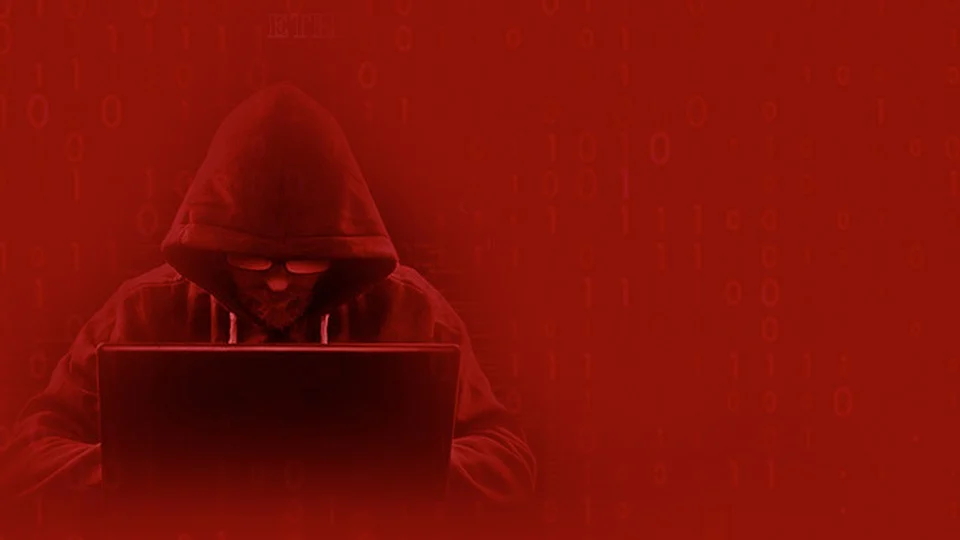The covid-19 pandemic has shifted our lives completely. With complete lockdown all around the globe, the normal routine of people has been compromised. People have started to spend more time on the internet and usage of social media has increased. With more people on the internet, more conflicts and disputes have occurred and this has lead to a high rate of cybercrime.
Cybercrime had already become a global issue in past few years. The risks of illegal activities over the internet have drastically increased because everything is done online now such as e-learning, online shopping, and online jobs. As people are in their homes, they are spending more time on social media such as Facebook, Instagram, Twitter and this has exposed everyone vulnerably to cybercriminals. A report of the FBI said that cybercrime has increased almost to 400% than before. Many individuals are not aware of cybersecurity and have become victims of hacking, network intruding, and data stealing.
Factors of cybercrime during a lockdown:
1- Stress
Pandemic has stressed everyone’s lives. People have become more anxious due to staying at home all day and not being able to follow their routine life. This has made them exposed to cyber threats and criminals have started taking more advantage of them.
2- Lack of awareness
Since everything is done online now, people are sharing their personal information and putting more data online. For example, People put their home addresses and personal and credit card information when they do online shopping. Hackers then intrude on people browsing data and steal the information. This is the reason everyone should be cautious of intruders and keep all the IT security and privacy measures in check.
3- False advertising
Cybercriminals have taken advantage of people using more internet in every possible way. Some of them are selling fake medical supplies, medicines and putting up fake online jobs ads. This had made people suffer from cybercrime. People have lost their money in online scams.
4- Risk in E-learning
All education institutes have shifted to E-learning due to the coronavirus outbreak and this had many side effects for students especially kids in elementary and middle school because they do not have a good grip over online and technological equipment. They have been targeted severely by data intruders and have exposed them to inappropriate and dangerous content. They are being abused over the internet and forced into data sharing. This is having a severe effect on children’s mental health.
5- Spam emails
The number one mistake when we use our social accounts is we do not protect them properly. We do not encrypt our emails and this is how our information gets stolen. The most obvious and common type of cybercrime is phishing campaigns and spam email. Since there is more traffic on the internet due to lockdown, technology illiterates or elderly people tend to click on spam links and become victimized by cybercriminals.

Safety measures to prevent cybercrime
Use strong passwords: You should always use strong passwords that are not easily guessable. Password should be long and have different characters and numbers and one password shouldn’t be used for multiple accounts.
Two-factor authentication: You can enable two-factor authentication which basically consists of two steps as the name is suggesting, one step would be entering your password and the second step is entering OTP sent to your network that only you can access and It secures your accounts from hackers.
Firewalls: A firewall is a device that records the data traffic that is coming and going out of your network. They do not permit or block content that is not under security measures. A firewall protects your network internally from outside sources so viruses do not enter the system from the internet.


